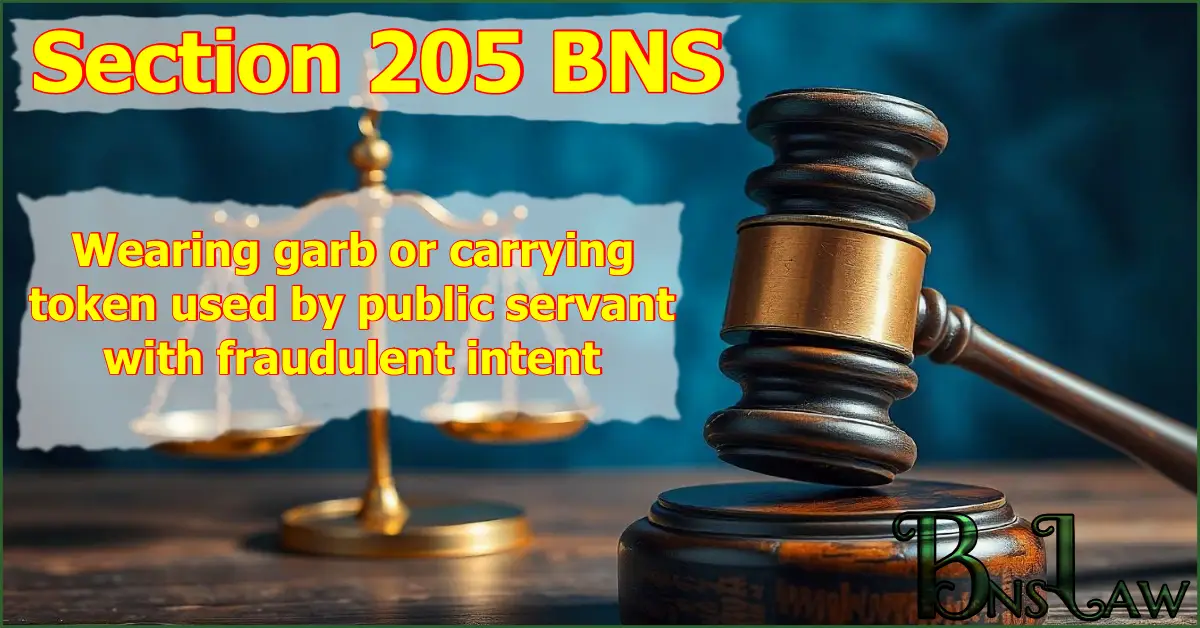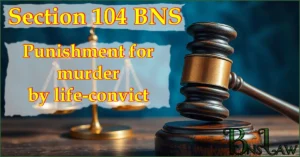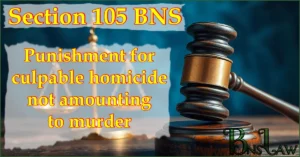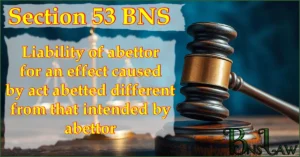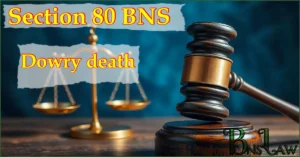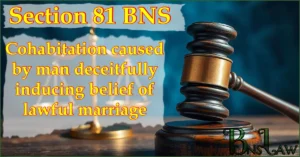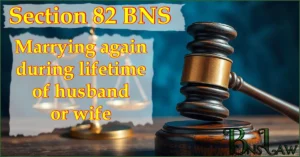Section 205 BNS
Whoever, not belonging to a certain class of public servants, wears any garb or carries any token resembling any garb or token used by that class of public servants, with the intention that it may be believed, or with the knowledge that it is likely to be believed, that he belongs to that class of public servants, shall be punished with imprisonment of either description for a term which may extend to three months, or with fine which may extend to five thousand rupees, or with both.
READ OTHER SECTIONS OF CHAPTER XII — OF OFFENCES BY OR RELATING TO PUBLIC SERVANTS
| Section No. | Section Title |
|---|---|
| 198 | Public servant disobeying law, with intent to cause injury to any person. |
| 199 | Public servant disobeying direction under law. |
| 200 | Punishment for non-treatment of victim. |
| 201 | Public servant framing an incorrect document with intent to cause injury. |
| 202 | Public servant unlawfully engaging in trade. |
| 203 | Public servant unlawfully buying or bidding for property. |
| 204 | Personating a public servant. |
| 205 | Wearing garb or carrying token used by public servant with fraudulent intent. |
FAQs of BNS Section 205
-
205 BNS punishment and fine
Punishment and fine under Section 205 of the BNS: Imprisonment for 3 months, or fine of 5,000 rupees, or both.
-
205 BNS cognizable or not
The offence under Section 205 of the BNS is cognizable.
-
205 BNS bailable or not
The offence under Section 205 of the BNS is bailable.
-
205 BNS trial court
Offence specified in Section 205 of the BNS is triable by any Magistrate.
Important Points
- Cognizable Offences: These are offences where a police officer can arrest a person without a warrant.
- Non-Cognizable Offences: These are offences where a police officer cannot arrest a person without a warrant.
- Bailable Offences: These are offences where the accused can get bail from the police station itself. All bailable offences are listed in the First Schedule of the Bharatiya Nagarik Suraksha Sanhita (BNSS).
- Non-Bailable Offences: Offences in which bail is not granted directly from the police station but after hearing the case in the court, the judge decides when bail will be granted. All non-bailable offences are listed in the first schedule of the Bharatiya Nagarik Suraksha Sanhita (BNSS).
- In the above FAQ, “trial court” means the court that has jurisdiction to try the offence.
- In the above FAQ, the expression “Magistrate of the first class” and “Any Magistrate” does not include Executive Magistrates.
Read other Sections of the BNS
Reference Link: New Criminal Laws (BNS), Ministry of Home Affairs

